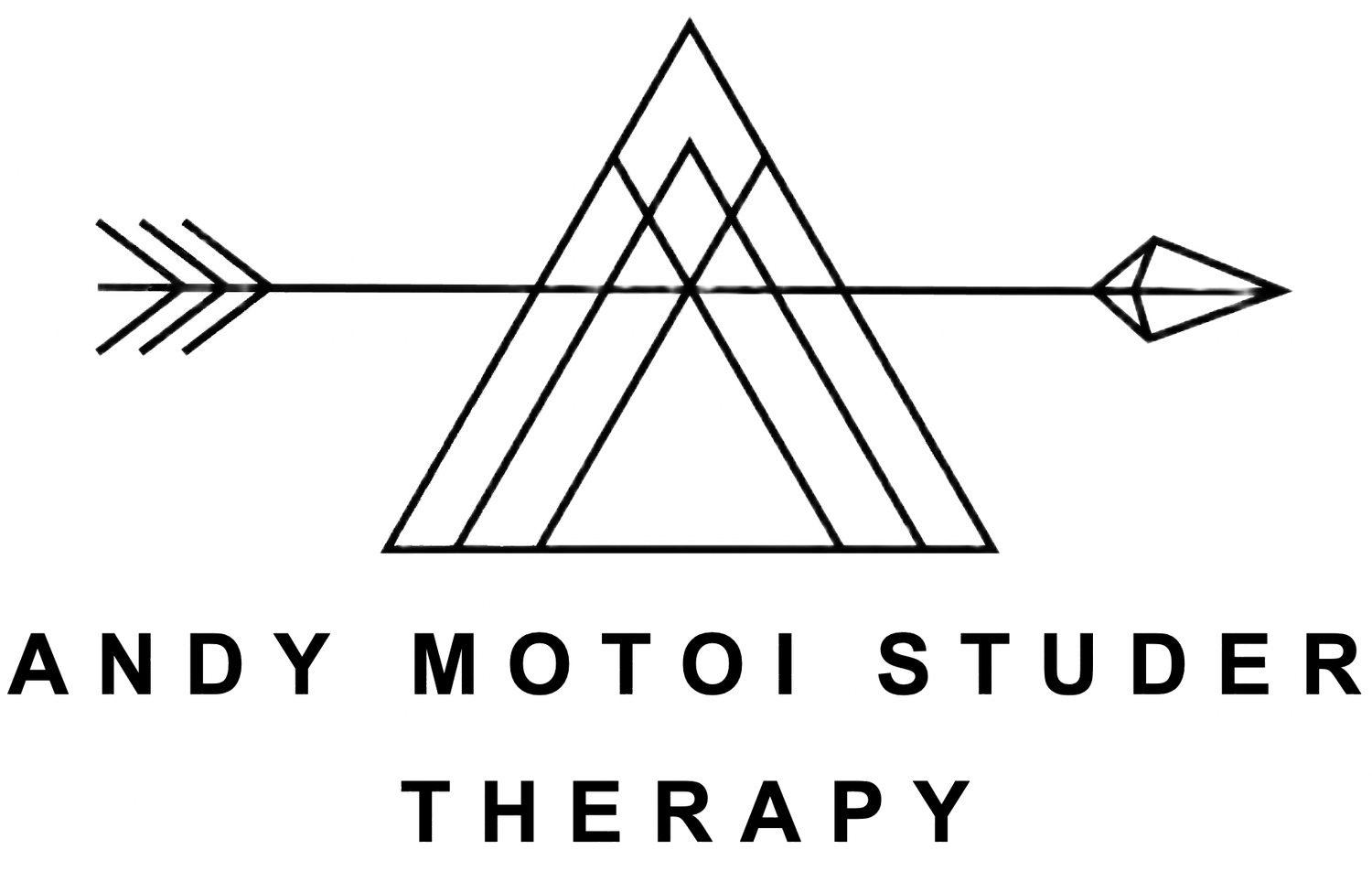
Asian American Therapy
My multicultural therapy approach acknowledges the complexities of your cultural and lived experience.
My ApProach
Finding Support as an Asian American
Navigating your identity as an Asian American person can bring unique challenges. Your cultural values, family expectations, and experience of stereotyping and othering, may clash with dominant societal norms. This can leave you feeling isolated, conflicted, or overwhelmed. Balancing your cultural roots with daily life in different cultural contexts isn’t easy.
I offer compassionate, culturally-attuned Asian American therapy to honor your cultural values, process your experiences as an Asian person, while helping you integrate your identity into a more fulfilling, authentic life.
Navigating Cultural Expectations and Identity
You want to succeed in a way that reflects your individuality, while still honoring expectations. Maybe you’ve felt disconnected, or out of alignment with your culture’s values. It can be exhausting, to focus solely on your individual goals, and also maintain the connections and traditions that matter to you on a fundamental level.
Common stressors for Asian Americans can include:
Academic pressure
Societal and dominant culture expectations
Familial and cultural demands
Pressures to be resilient in the face of oppression
Loneliness and isolation
Mental health can be an opportunity to grow beyond cultural and societal stigmas. Therapy can help you reconnect with your deeper values, strengthen your sense of identity, and create a life that feels both authentic and connected to the people and places that give you meaning.
Balancing Family, Tradition, and Your Own Path
The messages we receive from our families and cultural backgrounds shape how we navigate the world. Understanding how these familial roles and expectations influence your emotions can give you greater agency in navigating your life, and also foster self-compassion. It’s possible to honor your roots, while also embracing who you are.
Many cultural expectations don’t always align with the values of a broader, individualistic society. Meeting family or cultural expectations can feel stressful, especially when those same values don’t translate in work, social, or public settings. In the outside world, you might feel minimized, taken advantage of, or even commodified as an Asian person, which can lead to confusion, distress, or emotional exhaustion.
Talking with a therapist who understands Asian American experiences can help you process these challenges. Together, we can explore what your family and cultural messages mean in your life, and discover ways to show up authentically while balancing tradition, family, and your own path.
Healing from Intergenerational Trauma
If your family has experienced cultural violence, displacement, or oppression, the trauma can ripple across generations. Many Asian families don’t openly discuss these experiences, which can lead to emotional repression, stress, or depression. Children may feel pressured to “rise above” these traumas, rather than process them directly and understand their complexities. Intergenerational trauma can strain families for lifetimes.
In therapy, you can explore the impact of intergenerational trauma on your family system and individual well-being. Understanding your family’s experience of trauma creates an opportunity to break the cycle, heal, and forge your own path with awareness, resilience, and individuality.
Managing Stress, Shame, and Perfectionism
Shame is a common, often unspoken emotion for Asian people. It can drive the constant push to do better, succeed academically, or achieve professionally, while masking the emotional toll it takes. Families may reinforce shame by emphasizing achievement and restraint, while broader American culture often offers little understanding or empathy for these cultural pressures.
Asian Americans may experience dual layers of shame: one rooted in family expectations, and another in the broader societal context of navigating racism, capitalism, and social biases. Therapy can provide a space to explore these dynamics, and build confidence in your bicultural identity. By unpacking shame and perfectionism, you can develop healthier coping strategies, self-compassion, and clarity about how to thrive in your identities and in the world.
Some of the themes we may explore include:
Sense of cultural belonging
Your experience of intergenerational trauma
Your experience of oppression
Bicultural stress
Being 2nd or 3rd generation.
Internalized messages from dominant culture narratives.
Code-switching
Being invisible
These are all realities to explore as part of your lived experience, and how these forces live in the body and impact your day-to-day life.
This approach means not pathologizing your responses to oppression, but understanding them as adaptations to real systems. It means honoring your personhood, and exploring all aspects of it. There may be aspects of your cultural existence that have yet to be discussed or explored, or even repressed. Our upbringings are not always kind to who we are and where we come from. Our present realities often neglected our multiculturalism.
This is about a commitment to seeing your whole story—including what the world around you hasn’t always seen or valued.
Feeling Seen and Understood in Therapy
In therapy, it’s essential to have a therapist who truly understands the complexities of being an Asian American. These experiences can affect your work, relationships, and connection with yourself. Simply talking about your cultural identity can bring up anxiety, shame, or other intense emotions. I provide a nonjudgmental, empathetic space where your lived experience is honored. With my own bicultural background, I can relate to the challenges and perspectives of navigating multiple cultural worlds.
Supporting Teens and Young Adults in Asian American Families
Teens can feel increasingly isolated navigating life as Asian Americans. In social or school environments that lack a multicultural perspective, their cultural identity is often overlooked, which can intensify feelings of shame, academic stress, or depression. Having a therapist who understands what it’s like to grow up in an Asian, collectivist family—and who can hold open conversations about being Asian and American—can be deeply validating and supportive.
Connecting with Your Cultural Identity as a Creative
Connecting with your cultural roots is a creative act. By exploring your ancestry, you honor those who came before you and tap into your imagination to understand their lived experiences. You can engage with your culture on deeper levels through music, movies, art, and conversation, including:
Favorite songs, films, authors, or artwork from your culture that resonate with you
Your culture’s deeper history and stories across generations
How your culture shapes identity and what it means to be Asian or multiracial
Creating art, music, or writing inspired by cultural traditions, stories, or symbolism
Exploring cultural rituals, celebrations, or practices and adapting them creatively to your life
Journaling or reflecting on how your cultural experiences shape your values, dreams, and self-expression
Collaborating with other creatives from similar cultural backgrounds to share perspectives and inspiration
Your Therapy, and Your Cultural Experience
My approach to therapy honors your cultural and familial roots, while centering you as the driver of your own story. In our work together, you’ll have a safe space to explore the ways your cultural identity shapes your relationships, emotions, and life. Therapy can help you navigate family expectations, stress, and emotions, while supporting your growth, resilience, and inherent creativity and spirit. You don’t have to face these challenges alone. You can create a path forward that honors your roots, and empowers your unique journey.





